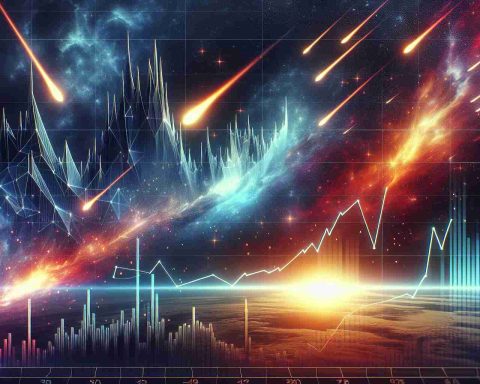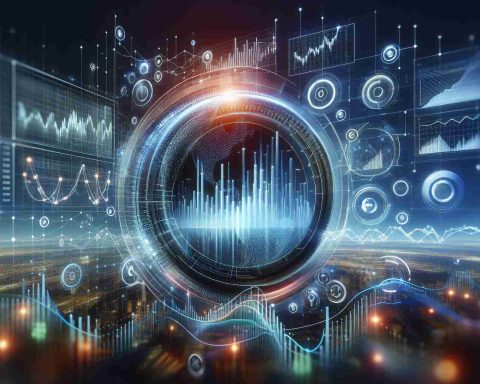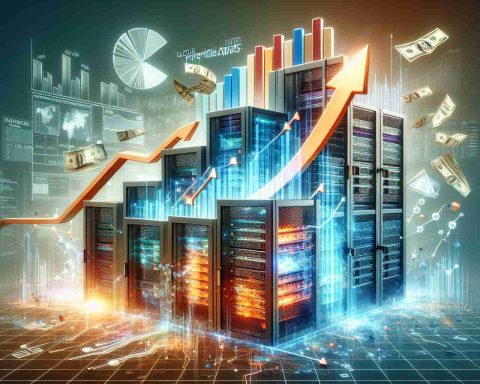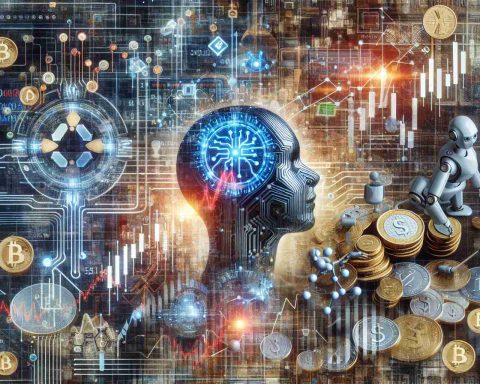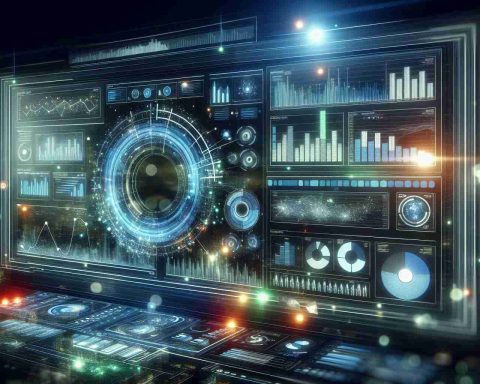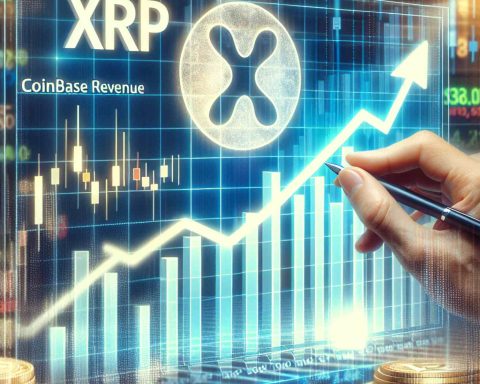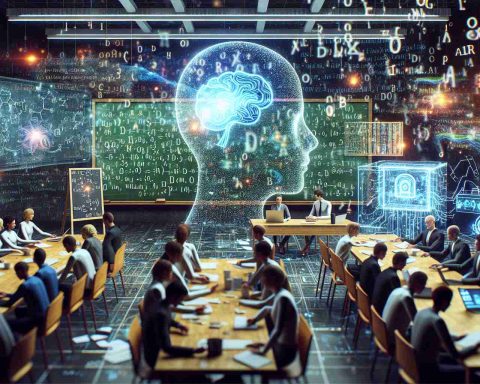Big Data - Page 4
Big Data refers to extremely large and complex datasets that cannot be easily managed, processed, or analyzed using traditional data processing tools. These datasets can come from various sources, including social media, sensors, transactions, and more, and typically possess three defining characteristics known as the "three Vs": volume (the sheer amount of data), velocity (the speed at which data is generated and processed), and variety (the different formats and types of data).Big Data technologies enable organizations to capture, store, and analyze massive amounts of information to gain insights, make data-driven decisions, and uncover trends that would be difficult to identify through conventional means. The use of advanced analytics, machine learning, and distributed computing frameworks (like Hadoop and Spark) has become increasingly important in this context, allowing for more efficient processing and analysis of large datasets.The implications of Big Data are vast, influencing a range of fields including business, healthcare, finance, and scientific research, enabling improved operational efficiency, predictive analytics, customer personalization, and more.


